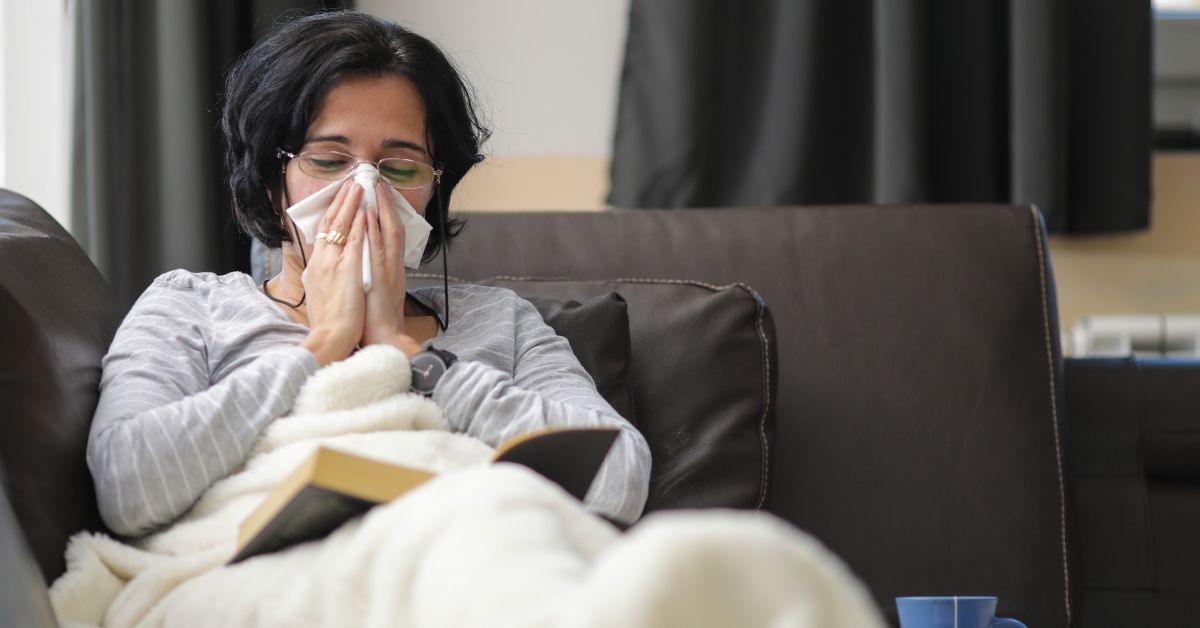The aftermath of experiencing a traumatic event can be a long and painful one, and while it’s hard to endure, it’s also hard to watch a loved one suffer at the hands of post-traumatic stress disorder, or PTSD. Even if you feel helpless at times, there are many different ways that you can provide support and love for those who have PTSD. Whether your support comes in the form of words, treatment or simply a shoulder to lean on, it’s important to remember that support is essential in how to help someone with PTSD.
What is post-traumatic stress disorder (PTSD)?
Post-traumatic stress disorder is the mind and body’s response to a traumatic event that someone has endured or experienced. It can present itself in many different ways and there is no way to anticipate when it might occur. The best thing you can do to help someone with PTSD is to be a constant source of love, guidance and support and to expect that the aftermath of trauma is unexpected and unpredictable.
What are the symptoms of PTSD?
Symptoms of PTSD may show up at any time following a traumatic experience, whether that is days, months or years after the event first took place. This may first present itself as acute stress disorder, but if the signs and symptoms last longer than a month or two, your loved one could have PTSD. Common signs that someone is experiencing PTSD include:
- Inability to do things they were once able to do with ease (daily routines, going to work or school, etc.)
- Flashbacks that lead to panic attacks or nightmares
- Insomnia
- Constant fear or uneasiness
Providing social support
If you think that your friend or loved one is suffering from PTSD, you should provide yourself as a resource to them. You can do this in many different ways, but first and foremost you’ll need to understand that help isn’t always accepted right away and that it takes a lot of time, energy and love to help someone deal with PTSD.
How can friends and family play a role in helping treat PTSD?
- Be around. Making yourself available to those with PTSD is crucial in their healing process. If they feel like they have someone to talk to or hang out with, they are less likely to self-isolate and lean into their feelings of anxiety and fear.
- Validate their experience. When someone is struggling with PTSD, the last thing they want to hear is they’re overreacting, or their feelings aren’t valid. Even if you don’t understand the emotions they’re experiencing, it’s beneficial to them that you listen to what they have to say.
- Make them feel safe. Those with PTSD may have a general sense of fear after their traumatic event and will need to feel like they are safe and cared for in your presence. Providing comfort during this time is essential to their healing journey, even if it’s in simple acts like being around at night or going with them to do certain tasks. However, you may need to eventually set boundaries based on your own schedule and timeline, but this can be done through good communication between you and your loved one.
- Help them find professional treatment. There are plenty of resources available to people with PTSD should they require them, but it might feel overwhelming to find and attain treatment. Doing the research for them, but not necessarily making the decision for them, can make getting the help they need feel more doable.
Treatment options for PTSD
As we mentioned, you can be the first to look at different treatment options if their symptoms worsen or aren’t going away. Going out of your way to research support groups and mental health professionals ahead of time can be a great resource to your friend or loved one once they are ready for more intervention.
When should a person with PTSD seek treatment?
If you become worried that your loved one may have suicidal ideations or tendencies, it’s important that you get medical help involved as quickly as possible. Even if they are resistant, it’s crucial that you get them help and treatment as a means of life-saving support.
PTSD is a complex mental health condition, and it should be treated as such. Other signs that you should get mental health professionals involved include severe self-isolation and distancing, substance abuse and extreme anger. Ultimately, you know the person coping with PTSD the best, so you will know when things are out of hand and need to be taken to the next level.
Supporting someone with PTSD
The best thing you can do for a friend or family member with PTSD is to be a support system that they can count on. Listening and reassuring them, acting as a resource and a confidant, and educating yourself on PTSD and triggers will help on their journey to recovery. Those with PTSD can’t suffer alone, and you can help just by being someone who loves and cares for them.
If or when it becomes apparent that your loved one needs intervention from a mental health professional, you can encourage them to see their primary care provider, who can offer guidance on finding the right provider.





